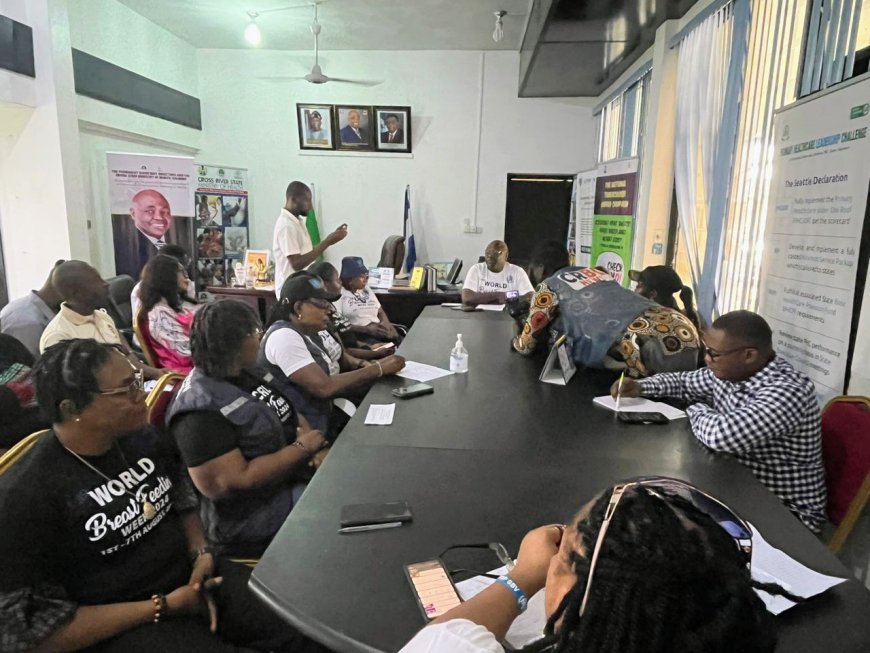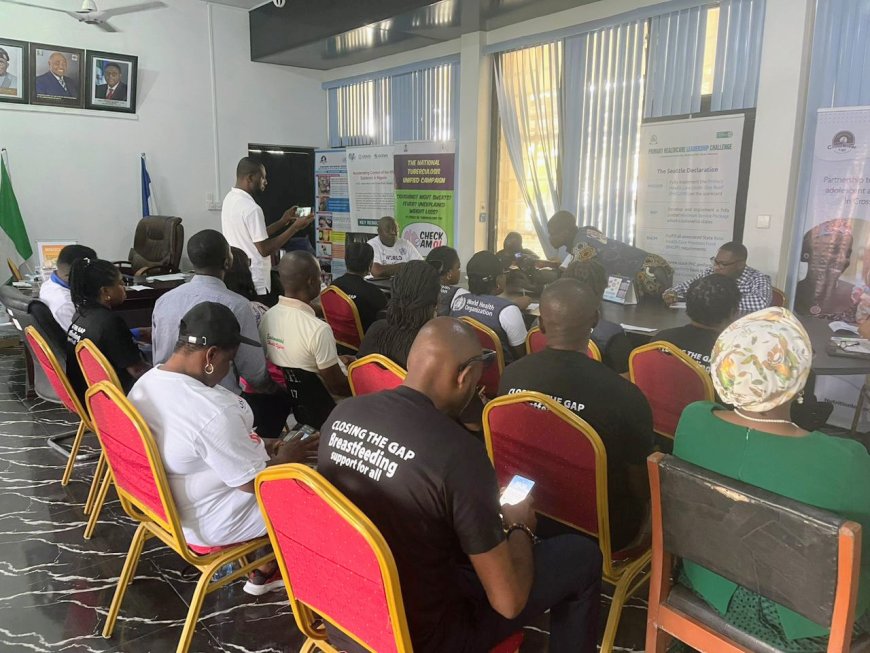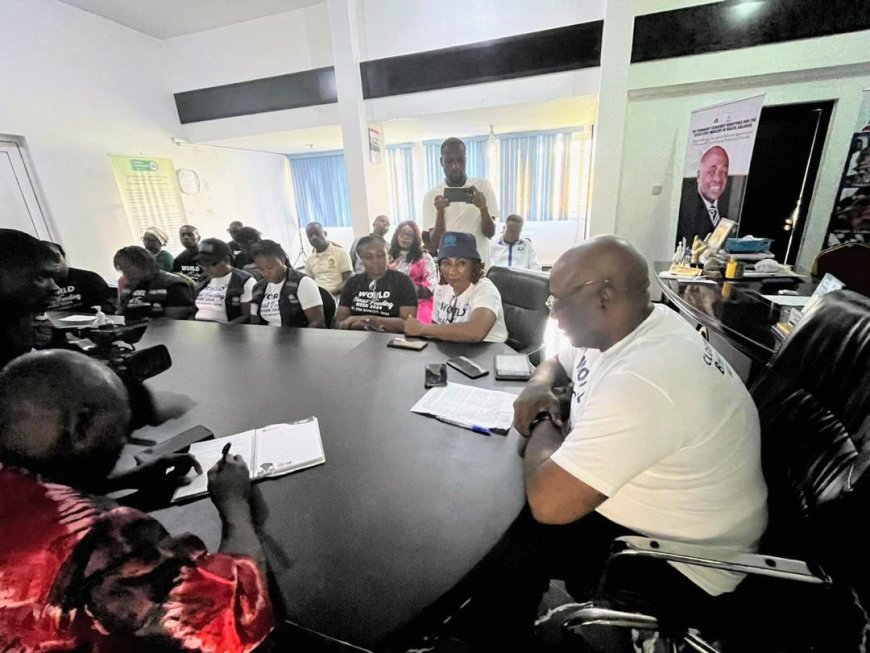C'River Gov't Strengthens Exclusive Breastfeeding Advocacy, Commits N100M To Tackling Malnutrition

By Ebi COLLINS
Consistent with the activities of the World Breastfeeding Week (WBW), Cross River government has deepened its awareness creation campaign, advocating for exclusive breastfeeding for nursing and lactating mothers in the state.
The government has also approved a matching fund of 100 million naira to support the purchase of Multiple Micronutrients Supplementation.
The State Commissioner for Health, Dr Henry Egbe Ayuk, who made the disclosure, Monday, at a press briefing to mark the 2024 World Breastfeeding Week, at the Ministry's headquarters in Calabar, said that the funding would greatly support the nutritional needs of malnourished children and pregnant women.
Ayuk also revealed that the Federal Ministry of Health, with support from partners, has also promised multiple micronutrients supplementation to Cross River, which shall be distributed across health facilities in the state.
He noted that such gestures would support the needs of pregnant women and children identified with Severe Acute Malnutrition, as well as other critical needs.

According to the Commissioner, Government of Cross River has also given approval for six months extended pay-maternity leave for nursing and breastfeeding mothers in the state's workforce.
The World Breastfeeding Week is celebrated annually between Aug. 1 to Aug. 7; and the theme of the 2024 celebration is "Closing the Gap: Breastfeeding Support for All."
Ayuk said the extension was necessitated by the huge benefits of breastfeeding to the child, mother and society at large.
He said statistics from UNICEF showed that Nigeria had the second highest burden of stunted children in the world with a national prevalence rate of 32 per cent of children under 5 years which was higher than the average of the African region.
According to him, "an estimated 2 million children in Nigeria are suffering from severe acute malnutrition and only 17 per cent of babies are exclusively breastfed within their first six months of age.
"In Cross River, available data show that 23 per cent of children under 5 years of age are stunted due to acute malnutrition which is of great concern to the state hence the emphasis on exclusive breastfeeding and child nutrition.

"To further demonstrate the state commitment a matching fund of N100 million to support the purchase of multiple micronutrients supplementation has been provided by the governor to support the nutrition needs of malnourished children and pregnant mothers," he said.
The Commissioner noted that they could now access budgeted funds to implement nutrition programmes unlike in previous administration in the state.
He added that aside from meeting the nutritional need of the child exclusive breastfeeding helped in the child's immune system, brain development, prevention of allergies reduce risk of obesity and maintaining healthier gut.
Also speaking, the Vice Chairman of the State Planning Commission, (SPC), Dr. Bong Duke, said they were moving to religious, organisations, market groups, etc, to advocate for the exclusive breastfeeding of babies in the first six months.
Represented by Mbong Ausaji, the Permanent Secretary in SPC, Duke said the policy thrust of Gov. Bassey Otu, was to have the most healthy citizens in the nation, come 2027.

Similarly, Dr Gloria Archibong, a representative of the World Health Organisation (WHO) said it was important for all residents of Cross River to come together and support the mothers to practice exclusive breastfeeding, stressing that when such practice is inculcated in nursing mothers, it would in turn produce healthier and more intelligent children in the state.
The multi-stakeholder collaboration between the State Ministry of Health, SPC and partners all took to major streets and markets in the Calabar metropolis to sensitise the public on the importance of exclusive breastfeeding.














































